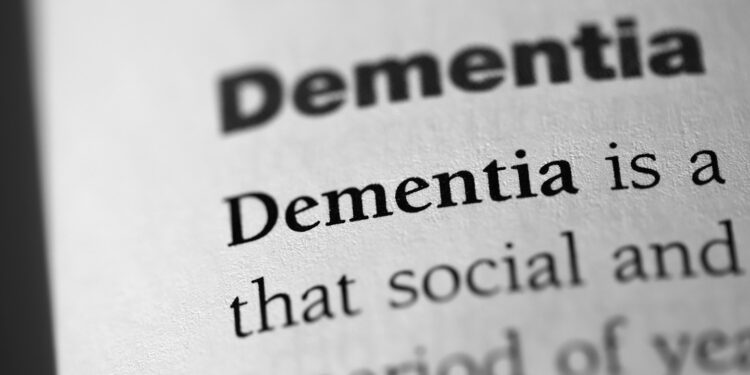Lifestyle Choices and Dementia Risk Among Older Adults
A comprehensive investigation conducted by researchers from RAND has revealed critical insights regarding the correlation between lifestyle habits and the development of dementia in older adults. The study underscores that factors such as insufficient physical activity and obesity are significant contributors to heightened dementia risk. Conversely, maintaining active hobbies well into one’s sixties appears to substantially mitigate this risk. The findings were officially released on Tuesday by RAND, a notable nonprofit organization specializing in global policy research.
Research Objectives and Methodology
To delve deeper into the dynamics of cognitive decline, RAND’s team executed a series of three detailed studies aimed at identifying individuals most vulnerable to cognitive impairment, enhancing awareness among older adults about cognitive testing options, and motivating at-risk populations to seek brain health interventions. Utilizing predictive modeling techniques, researchers evaluated data collected when participants averaged about six years old and projected outcomes nearly eighty years later.
Early Detection Through Health Data
In their first investigation, scientists tapped into the extensive Health and Retirement Study dataset—which comprises information from roughly 20,000 older adults per survey wave since 1992—aimed at recognizing early signs of potential dementia onset years prior. Interviews were conducted with all subjects at least once between 2000 and 2016.
While various lifestyle choices emerged as predictors for developing dementia, geographic location also played a crucial role; individuals born in Southern states exhibited significantly higher susceptibility to dementia despite adjustments for several confounding variables.
Interestingly, while Black individuals, Hispanic communities, and those with lower income levels demonstrated increased vulnerability to developing dementia initially based on demographic traits alone, these factors fell away as significant risks when education level was taken into account alongside income status.
Peter Hudomiet—a senior economist with RAND and lead author of the study—stated: “This research offers crucial insights into proactive steps individuals can implement throughout their lives to foster better brain health.” The ability for healthcare professionals and policymakers to pinpoint high-risk groups enables them to effectively allocate resources aimed at delaying or managing cognitive deterioration.
Actions Taken After Diagnosis
The second phase of this research scrutinized how an individual’s cognition influenced their preparations for impending cognitive decline. Analyzing data spanning from 2006 through 2016 within the Health Retirement Study framework revealed a trend: following a diagnosis of dementia, approximately one-quarter (25%) sought financial support from family members compared with just two percent among those without such diagnoses.
Barriers Facing Cognitive Assessment Access
For the third segment of their studies, investigators consulted with 1,439 Americans aged between fifty to seventy regarding barriers hindering access to necessary assessments for cognitive health. Findings indicated that out-of-pocket expenses posed substantial obstacles towards obtaining follow-up evaluations or treatments related to dementia care.
Under ideal circumstances where testing would incur no charges whatsoever—a staggering 80% expressed eagerness for undergoing a cognitive assessment—and nearly similar enthusiasm (77%) showed interest in early Alzheimer’s detection tests fell sharply if subjects were informed that tests could be priced around $300; willingness decreased by almost fifty percent subsequently.
Moreover—around sixty percent stated they would contemplate undergoing therapies designed intentionally for disease modification if it could potentially extend their independence by an extra three years thereafter.






